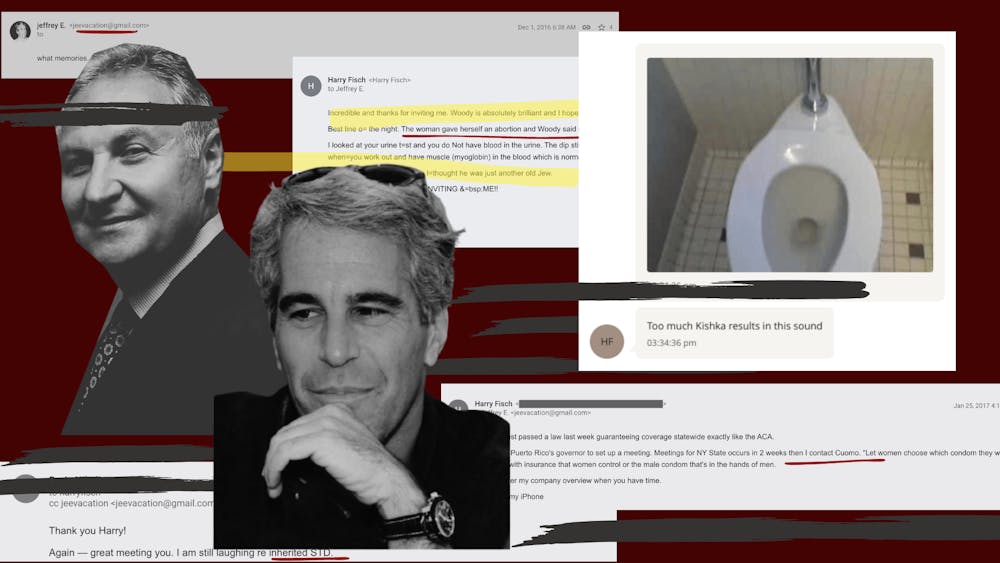The University joined litigation against the U.S. Department of Energy and DOE Secretary Chris Wright, according to a Monday email from President Michael Kotlikoff and Provost Kavita Bala. The plaintiffs of the case are alleging that proposed immediate cuts to indirect costs for University research grants are unlawful by violating federal regulations.
This is the second time this semester that the University has had to take “the unprecedented step of seeking emergency judicial intervention after a federal agency abruptly breached the negotiated rate for indirect costs,” the administrators wrote.
The lawsuit was officially filed by the Association of American Universities, the American Council on Education, the Association of Public and Land-Grant Universities and eight other land grant institutions against the DOE and its secretary, Chris Wright, on Monday. It was filed in the U.S. District Court for the District of Massachusetts.
When research is conducted through a grant, indirect costs “are necessary for the research to occur but harder to attribute to individual projects,” according to the lawsuit.
According to the plaintiffs, the DOE cuts directly violate regulations on indirect costs that the Office of Management and Budget created “precisely to provide needed stability, protect reliance interests, and ensure that recipients can cover the actual costs of conducting the research that the government has selected them to undertake.” The lawsuit highlights that such negotiated indirect cost rates need to be “accepted by all Federal agencies.”
On Feb. 10, Cornell, along with 11 other Universities, filed a lawsuit against the National Institutes of Health. The lawsuit also challenged funding cuts related to indirect costs, alleging that the action was a violation of federal grant regulations and administrative law.
The NIH proposed a 15 percent cap to indirect costs, while historically, the percentage of grant awards allotted to indirect costs can vary between 27 and 28 percent, according to the February lawsuit.
The DOE issued on April 11 a similar standardized 15 percent indirect cost rate and explained that the department was working to terminate grant awards for universities that do not conform with the new policy, according to the lawsuit.
Cornell’s Monday lawsuit announcement follows the Trump administration’s freeze of over $1 billion in funding to Cornell with over 75 stop-work orders issued from the U.S. Department of Defense on April 8. Neither the University nor the Trump administration have publicly announced why the funding cuts were initiated at time of publication.
In the fiscal year 2024, Cornell received more than 110 awards from the DOE, adding up to more than $30 million, where the University was able to recover around $8.5 million in indirect costs, according to the lawsuit. The lawsuit explains that the actions of the DOE will significantly impair “Cornell’s ability to conduct DOE-sponsored research during fiscal year 2025.”
Administrators said that the indirect cost cuts will have immediate and significant impacts on the research that is conducted by the University.
“Arbitrarily cutting indirect costs will cause irreparable harm to Cornell’s research enterprise, paralyze progress on projects of national importance, and threaten the training of the next generation of energy scientists,” the statement reads.
Administrators ended their Monday statement by highlighting that Cornell remains committed to its “ambitious research mission” and hopes to engage in “thoughtful conversation” with the federal government about reducing research operating costs.

Matthew Kiviat is a member of the Class of 2027 in the College of Arts and Sciences. He is the assistant managing editor for the 143rd Editorial Board and was a news editor for the 142nd Editorial Board. He can be reached at mkiviat@cornellsun.com.











